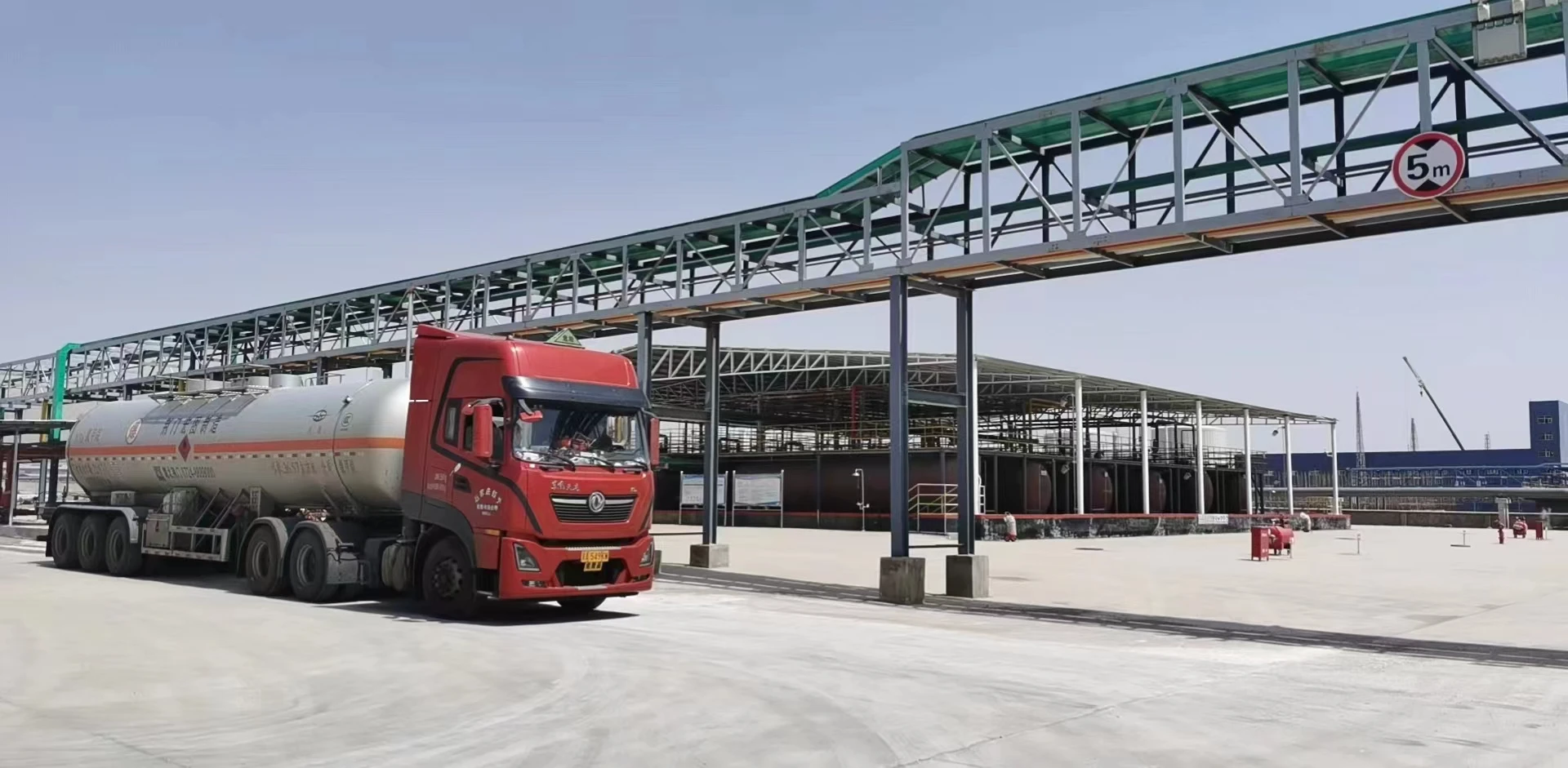









In the world of modern construction, RDP (Redispersible Polymer Powder) has become a vital additive for improving the performance of dry mix mortars and cement-based products. Derived from water-based polymer emulsions through spray drying, RDP re-emulsifies when mixed with water, enhancing adhesion, flexibility, and durability in cementitious systems. From tile adhesives to self-leveling compounds, RDP is redefining the quality of building materials.
Enhancing Bond Strength and Flexibility
One of the primary benefits of RDP is its ability to significantly improve adhesion to a variety of substrates, such as concrete, masonry, gypsum boards, and even difficult surfaces like old tiles or wood.
When added to dry mix mortars, RDP creates a polymer film within the cured product, which binds particles together and enhances cohesion and flexibility. This property is especially important in areas with temperature fluctuations or structural movement, where rigid mortars are prone to cracking.
Typical applications that benefit from these enhancements include:
Tile adhesives
Exterior insulation and finish systems (EIFS)
Plastering mortars
Cement renders
The use of RDP in these products ensures better crack resistance, impact strength, and weather durability, making it ideal for interior and exterior use.
Water Retention and Workability Improvements
Another key property of RDP is its ability to improve water retention in mortars. This helps extend open time during application, allowing workers more time to adjust tiles or finish surfaces. It also aids in cement hydration, which improves strength development.
In products like self-leveling compounds and skim coats, RDP provides a smoother texture and prevents shrinkage or dusting. As a result, these materials become more user-friendly and efficient in practical job site conditions.
Important workability improvements include:
Enhanced slip resistance for tile adhesives
Better spreadability of plaster and render
Reduced sagging in vertical applications
These characteristics not only improve the performance of construction products but also reduce application errors and increase productivity on the construction site.
Wide Industrial Applications and Sustainability Advantages
Redispersible Polymer Powder is used across a wide range of industries due to its compatibility with various binders like Portland cement, gypsum, and lime. It is also compatible with other additives like cellulose ethers, silica fume, or defoamers, allowing formulation flexibility.
Beyond its performance benefits, RDP also contributes to sustainability:
Lower binder content is needed, reducing CO₂ emissions from cement
Improved product lifespan reduces the need for frequent repairs
Formulations can be made VOC-free, contributing to indoor air quality
Today, RDP is a key material in:
Repair mortars and grouts
Thermal insulation systems
Tile and stone adhesives
Decorative coatings
Its versatility, efficiency, and environmental value make RDP a go-to solution for both construction professionals and product formulators.
Redispersible Polymer Powder (RDP) plays a transformative role in construction by enhancing mechanical performance, increasing durability, and improving workability of cementitious and gypsum-based systems. Its unique properties make it an essential additive in both modern architectural projects and everyday construction tasks.
With growing emphasis on sustainable building practices, RDP will continue to shape the future of high-performance construction materials.